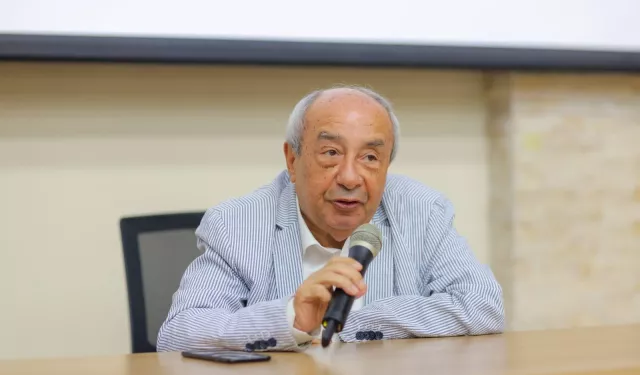Nearly 190 Egyptian engineers have signed a petition demanding the dissolution of the Engineers Syndicate’s electoral oversight committee and the convening of an emergency general assembly, citing serious legal, professional, and political violations in the committee’s formation ahead of the 2026 elections.
According to the petition, obtained by Al Manassa, the current five-member committee includes three members from the Dakahliya branch, all from the civil engineering division. Signatories argue this selection undermines diversity and violates principles of neutrality and fair representation.
The petition further alleges that the committee includes figures affiliated with the pro-government Nation’s Future Party, whose members were implicated in the violent disruption of the May 2023 general assembly, including the destruction of ballot boxes and assaults on engineers. The events, widely reported by local media at that time, occurred at the Cairo International Convention Center in Nasr City where the elections were held.
On May 30, 2023, the Engineers Syndicate’s emergency meeting descended into chaos. Individuals stormed the venue, vandalized ballot boxes, and tore voting papers, disrupting a vote to renew confidence in union president Tarek El-Nabarawy. Four assailants were later identified as sitting MPs from the Nation’s Future Party.
Signatories are calling for the committee’s annulment and the formation of a new, neutral body, subject to approval by the general assembly.
Dr. Hamad Abdullah, former dean of the Faculty of Applied Arts and current board member, told Al Manassa that he and others had proposed seasoned, nonpartisan candidates to head the committee.
Suggested names included former transport minister Alaa Fahmy; former higher education minister Amr Ezzat Salama—who chaired the 2018–2020 electoral committee, former Cairo governor Abdel Qawi Khalifa, and former administrative reform advisor Hany Mahmoud.
Instead, the board appointed the former president of Tanta University—a figure Abdullah acknowledged respectfully but noted lacks syndicate experience. Worse still, 26 board members insisted on appointing four individuals involved in the May 2023 violence and the no-confidence motion against El-Nabarawy.
“All four come from the Dakahliya branch and civil division, and most share the same political alignment,” Abdullah said. He added that both El-Nabarawy and the general secretary rejected the appointments and supported calls for an emergency assembly to restructure the committee.
Under Article 15 of Law No. 66/1974 establishing the Engineers' Syndicate, a general assembly may be convened if at least 100 eligible members submit a signed, reasoned request. The meeting must occur within one month of submission.
Abdullah outlined two legal avenues: the syndicate’s high council can meet urgently to reconstitute the committee, or an assembly can be called—an event he estimates would cost 8 million Egyptian pounds.
Syndicate bylaws require that the board meet at least monthly, or upon the request of ten or more members.
A compromise was thus floated. Five neutral syndicate veterans could join the committee alongside two current members. But during a Nov. 15 meeting, the 26-member bloc rejected a proposal from public prosecutors to implement electronic voting, as adopted by the Doctors Syndicate.
“They shot it down immediately. That alone raises red flags,” Abdullah said. “We got rid of the Muslim Brotherhood—and now we’re stuck with the Nation’s Future!”
Syndicate leaders defend controversial appointments
In contrast, Supreme Council member Mohamed El-Wadeh told Al Manassa that the elections committee was formed from within the board itself and functions solely as an administrative body—not one that oversees the voting process.
That responsibility, he said, rests with advisors from the Administrative Prosecution Authority, who supervise the election from the general committee level down to the subsidiary ones, without any interference from the syndicate’s internal committee.
El-Wadeh went on to defend the current formation, telling Al Manassa that the committee comprises members not seeking re-election in 2026. With most board members expected to run, only seven were eligible—five were chosen.
He dismissed allegations of bias as “packaged accusations,” insisting that union work is inherently political.
Abdelkarim Adam, former assistant general secretary and Ru’ya bloc leader, said that if the syndicate head ignores the petition, members will appeal to the irrigation minister, who is legally empowered to call an emergency assembly. “But we expect the head to respond,” Adam said.
If unaddressed, the signatories have 30 days to approach the minister, who must then convene the assembly within 15 days, per the sydnicate's bylaws.
